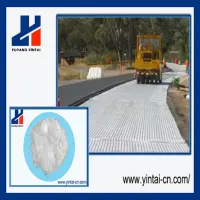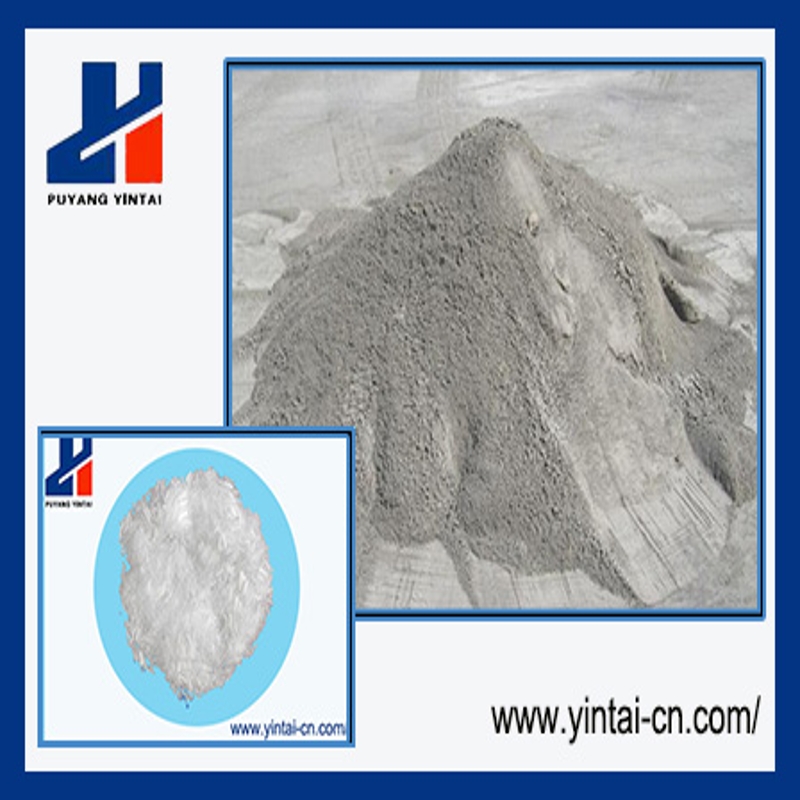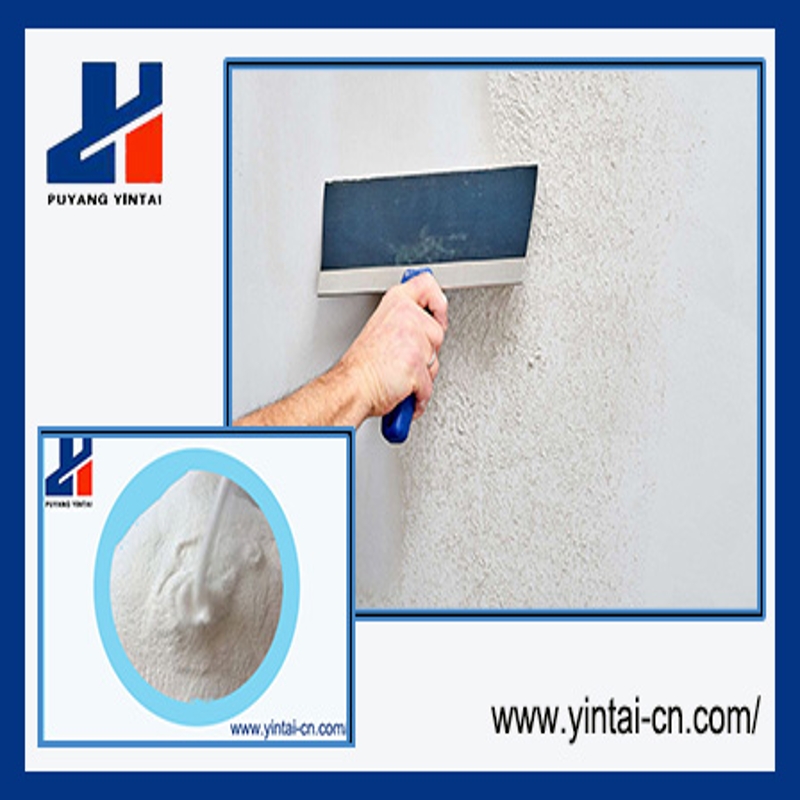-
Categories
-
Pharmaceutical Intermediates
-
Active Pharmaceutical Ingredients
-
Food Additives
- Industrial Coatings
- Agrochemicals
- Dyes and Pigments
- Surfactant
- Flavors and Fragrances
- Chemical Reagents
- Catalyst and Auxiliary
- Natural Products
- Inorganic Chemistry
-
Organic Chemistry
-
Biochemical Engineering
- Analytical Chemistry
- Cosmetic Ingredient
-
Pharmaceutical Intermediates
Promotion
ECHEMI Mall
Wholesale
Weekly Price
Exhibition
News
-
Trade Service
In recent years, although lithium-ion batteries have been widely used, due to the very limited lithium resources, high mining costs and rising prices, and abundant sodium resources, the mining cost is only one percent of lithium, so the research and development of sodium-ion batteries has become a hot area
for researchers to develop.
Recently, the team of Professor Xia Hui of the School of Materials Science and Technology/Gretel Institute of Southern Institute of Technology pioneered structural design and regulation methods, and cooperated with Gu Lin, a researcher at the Institute of Physics of the Chinese Academy of Sciences and Professor Meng Ying of the University of California, San Diego, to make important progress in the research of manganese-based cathode materials for sodium-ion batteries, and the research results made low-cost sodium-ion batteries expected to replace lithium-ion batteries, and the relevant results were published in the top international journal Nature Communications
.
In this method, the inherent crystalline water in the sodium manganese ore structure is removed, and the sodium ion content in the sodium and manganese ore structure is increased from 0.
3-0.
5 to 1 for the first time, and the defect of layer spacing shrinkage after the removal of crystal water is overcome, and the specific capacity retention rate is as high as 94.
6% after 1000 cycles of charge and discharge, showing a good application prospect
of sodium-ion batteries.
According to reports, the specific capacity retention rate of lithium batteries currently circulating on the market is about 80%.
In recent years, although lithium-ion batteries have been widely used, due to the very limited lithium resources, high mining costs and rising prices, and abundant sodium resources, the mining cost is only one percent of lithium, so the research and development of sodium-ion batteries has become a hot area
for researchers to develop.
Recently, the team of Professor Xia Hui of the School of Materials Science and Technology/Gretel Institute of Southern Institute of Technology pioneered structural design and regulation methods, and cooperated with Gu Lin, a researcher at the Institute of Physics of the Chinese Academy of Sciences and Professor Meng Ying of the University of California, San Diego, to make important progress in the research of manganese-based cathode materials for sodium-ion batteries, and the research results made low-cost sodium-ion batteries expected to replace lithium-ion batteries, and the relevant results were published in the top international journal Nature Communications
.
In this method, the inherent crystalline water in the sodium manganese ore structure is removed, and the sodium ion content in the sodium and manganese ore structure is increased from 0.
3-0.
5 to 1 for the first time, and the defect of layer spacing shrinkage after the removal of crystal water is overcome, and the specific capacity retention rate is as high as 94.
6% after 1000 cycles of charge and discharge, showing a good application prospect
of sodium-ion batteries.
According to reports, the specific capacity retention rate of lithium batteries currently circulating on the market is about 80%.







